CULTIVATING COMMUNITY IN URBAN ORCHARDS - ANNIE MCBAY
- SSAW Collective
- Apr 10, 2024
- 5 min read
Picture an orchard; what comes to mind? Row of trees curving round a Somerset hillside? Creamy blossoms nodding in the breeze? By definition, an orchard is five or more fruit-bearing trees. Many people are surprised to hear this. ‘Only five?’ they ask. But over the years, we’ve seen that even the smallest orchards can have a big impact.

Photo credit: Cal Holland
At The Orchard Project, we focus on community orchards, publicly accessible fruit or nut trees in the urban landscape. They can be in parks, community gardens, even on the boulevard of a busy street. These orchards have a significant impact on our environment and local food systems, as they provide fresh food and habitat while cooling and purifying the city air. But beyond that, these orchards serve a vital social purpose: they are community hubs, green spaces where neighbours can cultivate new connections with one another, reducing the sense of isolation endemic in modern society.
Some 15 years ago, Carina Millstone was out for a run on her local common. Admiring the tall plane trees growing in the park, she wondered what the city would look like if the Victorians had planted fruit trees instead. Would the city be laden with fruit? Would Londoners collect cherries in local parks, or pluck apples from their picnic blankets? The idea captured her imagination, and alongside her friend Rowena Ganguli she founded The Orchard Project. Their goal was to bring orchards into the heart of urban communities.
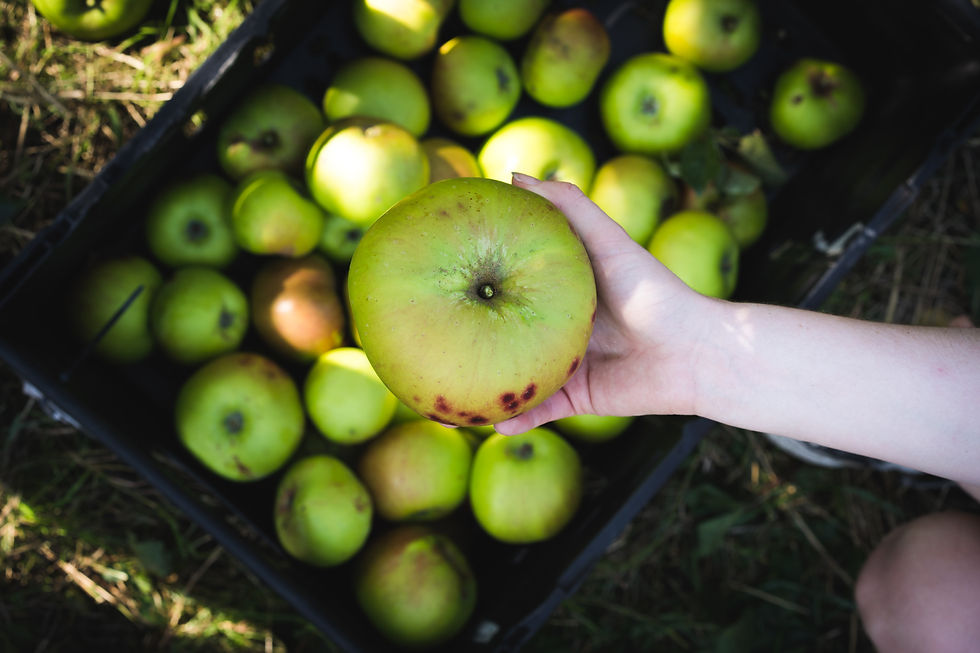
Photo credits: Cal Holland
A decade and a half on, The Orchard Project has branched beyond London to set roots in Manchester, Swansea, Edinburgh, and Glasgow. We have staff in each of these regional hubs who plant new orchards, restore neglected fruit trees, and deliver orchard skills training. We have also previously worked in Leeds and Birmingham, though we no longer have staff in those areas. To date, we have planted or supported over 500 orchards and helped tens of thousands of people connect with their community greenspaces.
Although Carina and Rowena were initially interested in orchards for their food-growing potential, they soon realised the social impacts of urban orchards. These pockets of greenery in the urban landscape offer a quiet space to reflect, chat with neighbours, and learn about fruit trees. Over the years, we have seen how orchards can transform urban areas. Wenlock housing estate near Old Street in London had a large outdoor space that was hardly used aside from the occasional dog-walker. But local residents saw potential in the site and reached out to us for help. In 2012, we worked with the community to plant an orchard of plum, apple, apricot, cherry, and medlar trees. A variety of flower bulbs and herbaceous perennials were also added to the site. Thanks to the continued efforts of a dedicated group of local volunteers, the orchard has grown into a flourishing greenspace brimming with wildlife. One resident commented, “I haven’t seen this many butterflies here since just after the [Second World] War!” And it has become a welcoming green space for locals to relax and connect. Sarah, one of the volunteers who cares for the trees, reached out to us shortly after the orchard was planted. “For the first time in all the years I’ve lived here, I looked down and saw a couple just sitting and relaxing in an orchard – that would have never happened when it was just used as a dog run,” she said. The orchard provides a green oasis in the urban environment, and a wealth of fruit for locals to help themselves to.
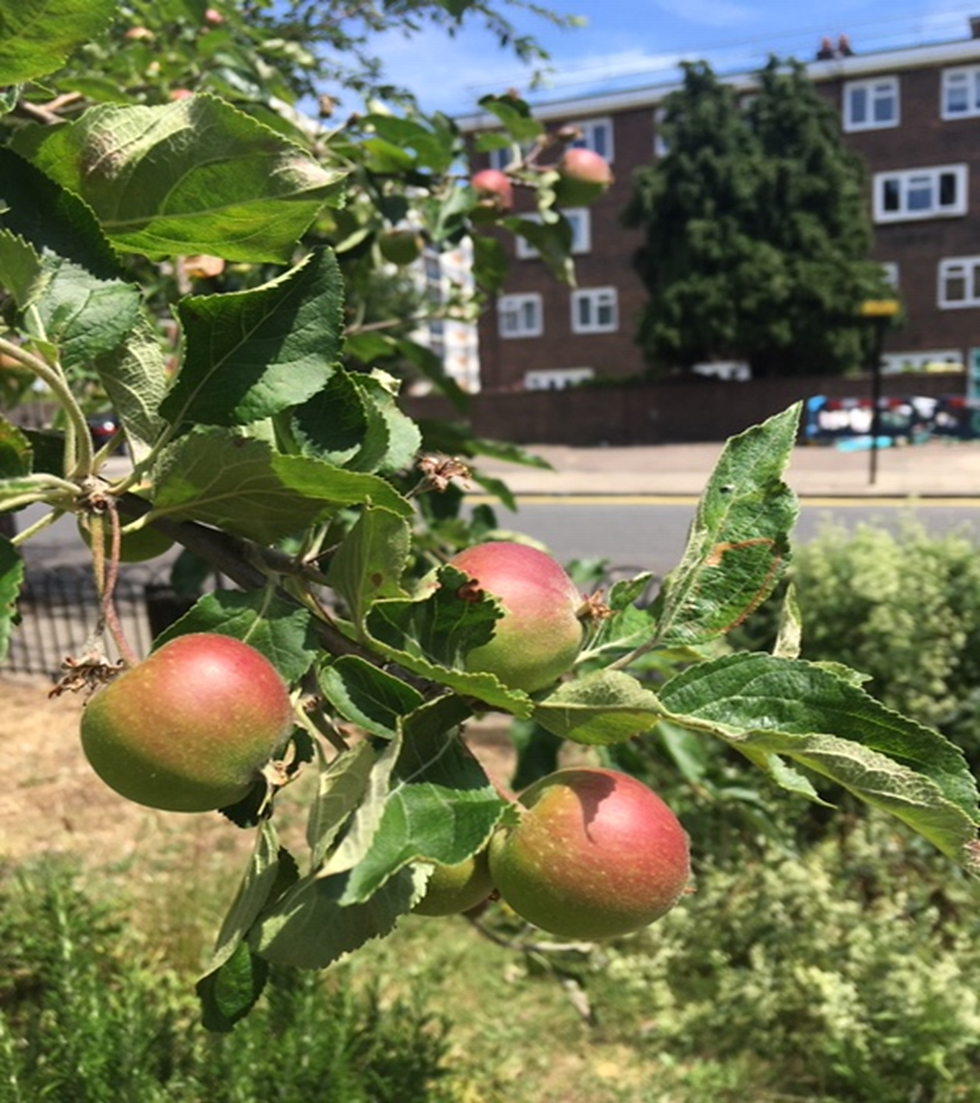
Everyone knows that trees clean and cool the air, and tree-planting has become a common (and dare I say, trendy?) effort to respond to the climate crisis. But planting is not enough. About 30-50% of urban trees die within their first year because they are poorly planted or lack aftercare. Scores of dead young trees can cast doubt on the efficacy of tree-planting and jeopardise funding for future initiatives. Moreover, poorly planted and neglected trees are a waste of time and resources. But our model is different: we work with existing community groups to develop effective aftercare programmes for our orchards. We train the community in skills like pruning, harvesting, and naturally managing pests and diseases. Previous knowledge is not necessary; all we need to see is a desire to learn and a commitment to care. Our experts share their knowledge with a group of ‘orchard carers,’ who are responsible for the trees and go on to share their knowledge with others. With each new orchard, we empower more people with food-growing skills, and safeguard this knowledge for future generations. This model allows our impact to ripple throughout the community and results in a high tree survival rate. And a special symbiosis develops between orchards and volunteers: the trees flourish while the volunteers benefit from spending time outdoors, connecting with Nature and with other people who enjoy the local greenspace.
After several years of planting orchards, we realised there weren’t any accredited orcharding courses available in the UK – so we developed them. We now offer courses in community orchard management and forest gardening which are accredited by Crossfields Institute. They are a mix of in-person and online training, blending educational videos and textbook learning with practical in-person instruction. Students learn about tree-planting, fruit harvesting, and everything in-between, with a particular emphasis on creating climate-resilient green spaces that nurture wildlife. To date, we’ve trained over 200 people in orchard and forest gardening skills.
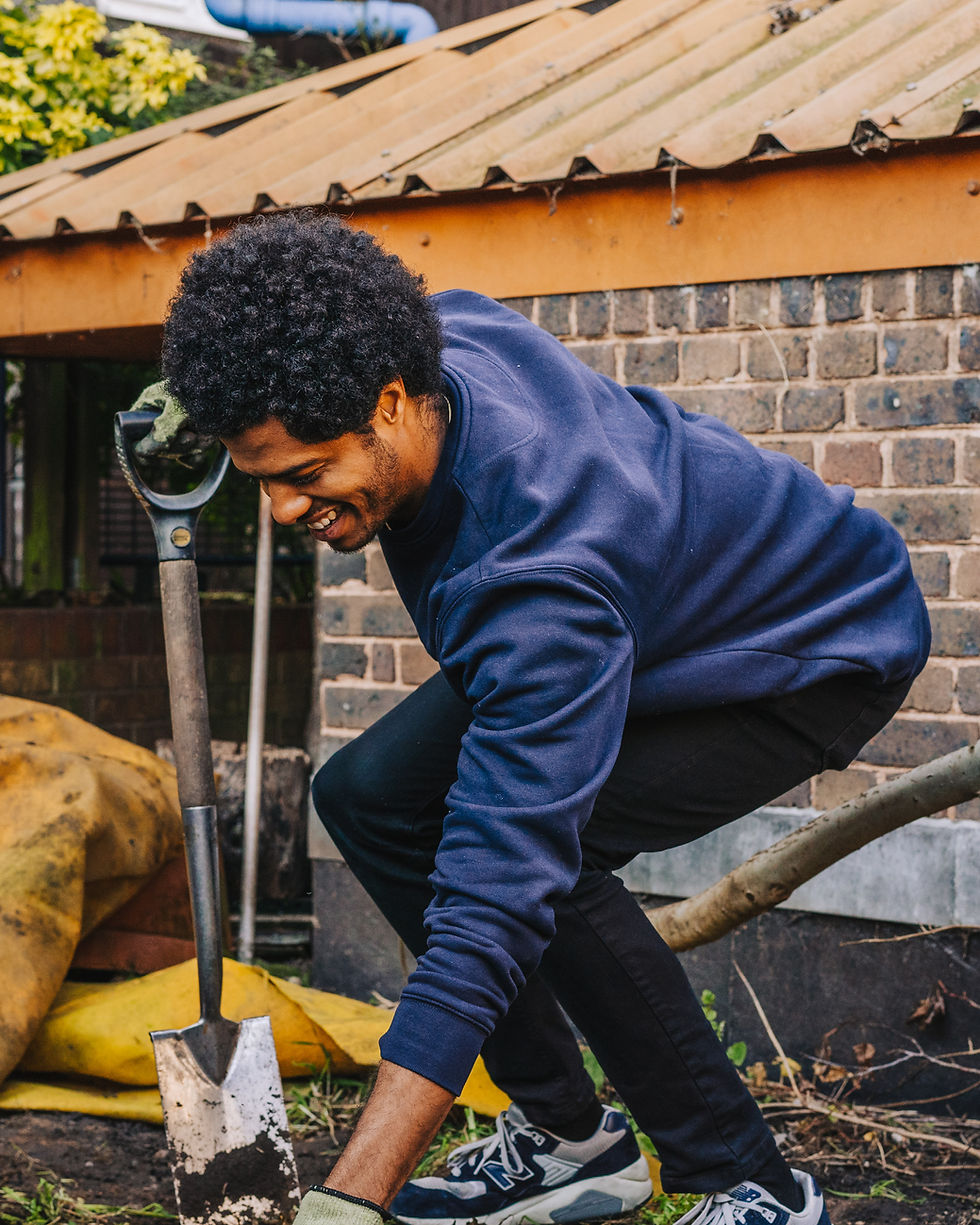
Photo credit: Cal Holland, Omari Taylor
Some students enrol in our courses because they want to try something new or spend more time outdoors. But other students use these courses as a stepping-stone into their dream career. After completing our Certificate in Community Orcharding in Wales, Simon secured a role at a wildflower nursery and then at a community-supported agriculture project, fulfilling a lifelong dream of working in the horticulture sector. He told us, ‘I’ve always wanted to work outside...This has given me the final piece of the puzzle to enable me to feel that I belong.’ Another of our graduates, Daniella, created a fruit harvesting initiative in Barnet to save surplus fruit from going to waste and donate it to those in need. She said of the course, ‘Whilst it was great to learn the practical things like pruning and grafting, what I hadn’t expected to gain was a whole new network of friends and contacts.’ More recently, Daniella has started working with us at The Orchard Project as our Orchard Support Coordinator, organising aftercare sessions for orchards across the UK. These sessions are open to the public and led by experts who show the locals how to care for the trees, including pruning, mulching, and naturally managing pests and disease. This continued care and skill-sharing is part of our mission to create stronger, healthier communities and empower more people with food-growing skills.
We believe that even the smallest orchards can have a significant impact on our urban communities. These special spaces provide more than just fruit – they provide a place to learn, share, and connect. If you’d like to get involved or support our work, you can learn more on our website for opportunities to volunteer and donate.

Photo credit: Cal Holland
Discover More

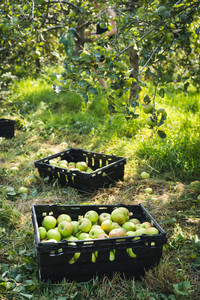

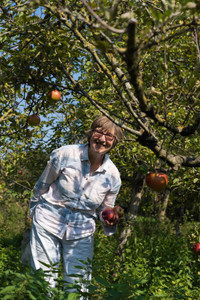






Comments